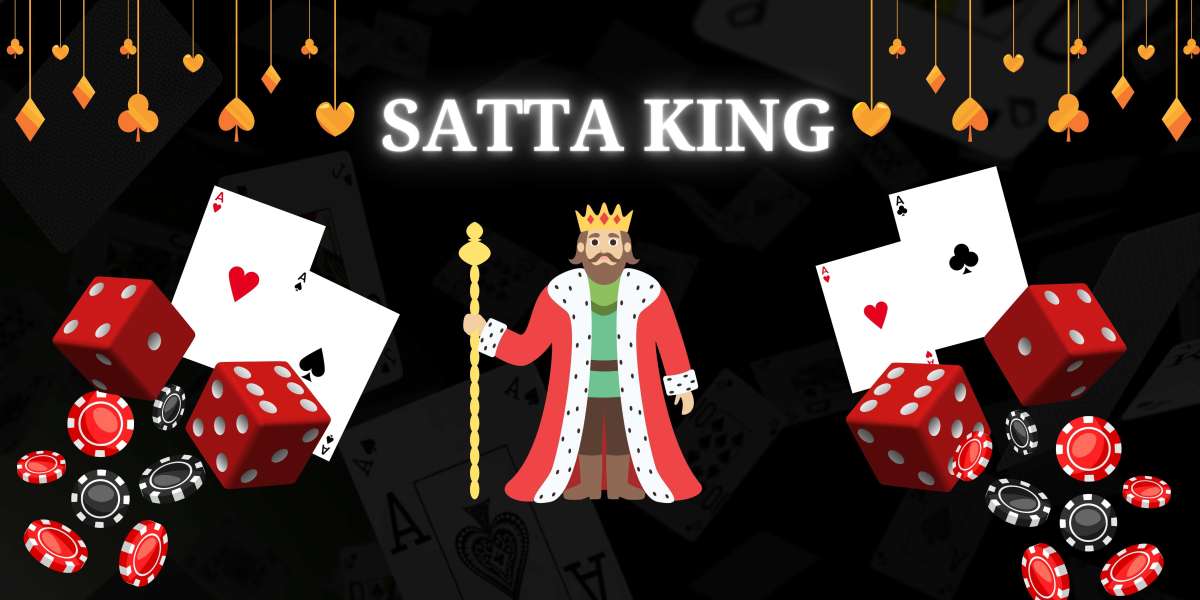Satta King, gambling, is a popular form of illegal betting that originated in India during the pre-independence era. It involves betting on the opening and closing rates of cotton transmitted from the New York Cotton Exchange to the Bombay Cotton Exchange. Despite being outlawed, Satta King continues to thrive as an underground gambling network, raising concerns about its legality and ethical implications.
Legal Status of Satta King
Gambling Laws in India
In India, gambling is primarily a state subject, with each state having its own set of laws governing gambling activities. The Public Gambling Act of 1867 is the central legislation that prohibits operating public gambling houses and visiting them. However, certain forms of gambling, such as horse racing and lotteries, are legal and regulated by state governments.
Satta King falls under the category of illegal gambling activities as per the Public Gambling Act and various state-specific laws. Operating or participating in Satta King games can lead to criminal charges, including fines and imprisonment.
Challenges in Law Enforcement
Despite its illegal status, Satta King continues to operate through a well-organized network of bookies and punters. The decentralized nature of the industry and its deep-rooted presence in certain communities make it challenging for law enforcement agencies to crack down on the operations effectively.
Efforts have been made by authorities to curb Satta King activities, but the demand for such forms of gambling and the lucrative profits involved often outweigh the risks for those involved.
Ethical Considerations
Exploitation and Addiction
One of the major ethical concerns surrounding Satta King is its potential for exploitation and fostering gambling addiction. The industry thrives on the vulnerability of individuals, often from lower socioeconomic backgrounds, who seek quick financial gains through betting.
Gambling addiction can have severe consequences, including financial ruin, strained personal relationships, and mental health issues. The unregulated nature of Satta King operations leaves participants without any consumer protection or support systems to address gambling-related problems.
Organized Crime and Money Laundering
The illegal nature of Satta King has led to its association with organized crime syndicates and money laundering activities. These criminal organizations often use Satta King as a front to channel illicit funds, further fueling corruption and undermining the rule of law.
The lack of transparency and oversight in Satta King's operations creates an environment ripe for criminal activities, such as extortion, intimidation, and violence, which can have far-reaching societal consequences.
Social Impact
Satta King has been criticized for its potential to erode moral and ethical values within communities. The lure of easy money and the get-rich-quick mentality promoted by these gambling activities can lead individuals, particularly the youth, astray, compromising their personal and professional aspirations.
Additionally, the underground nature of Satta King's operations can contribute to the normalization of illegal activities, undermining the respect for law and order in society.
Efforts to Curb Satta King
Law Enforcement Initiatives
Law enforcement agencies have undertaken various measures to combat the Satta King menace, including conducting raids, seizing assets, and arresting individuals involved in the operations. However, the sheer scale and pervasiveness of the industry make it a challenging task.
Efforts have also been made to increase public awareness about the legal consequences of participating in Satta King activities and to encourage whistleblowing and community involvement in curbing these illegal operations.
Regulatory Reforms
In recent years, there have been calls for regulatory reforms to address the issue of illegal gambling, including Satta King. Some experts have advocated for the legalization and regulation of certain forms of gambling, arguing that it would not only generate revenue for the government but also provide a safer and more transparent environment for individuals who choose to participate.
However, such proposals have faced opposition from various quarters, citing concerns over the potential social and ethical implications of legalizing gambling activities.
Alternative Economic Opportunities
Addressing the socioeconomic factors that contribute to the proliferation of Satta King is crucial. Providing alternative economic opportunities, particularly in economically disadvantaged communities, can help reduce the appeal of illegal gambling activities.
Initiatives such as skill development programs, entrepreneurship support, and access to legitimate financial services can empower individuals and discourage their involvement in underground gambling networks like Satta King.
Conclusion
The Satta King industry presents a complex challenge, intertwining legal, ethical, and socioeconomic considerations. While its illegal status is clear, the deep-rooted nature of the problem and the involvement of organized crime syndicates pose significant hurdles for law enforcement agencies.
Addressing the issue requires a multi-pronged approach that combines strict enforcement of laws, regulatory reforms, public awareness campaigns, and the provision of alternative economic opportunities. Additionally, tackling the underlying social and economic factors that contribute to the demand for such illegal gambling activities is crucial for long-term and sustainable solutions.
Ultimately, the legality and ethical implications of Satta King underscore the need for a comprehensive strategy that balances the principles of law and order with the well-being of society and the protection of vulnerable individuals from exploitation and addiction. Learn more








